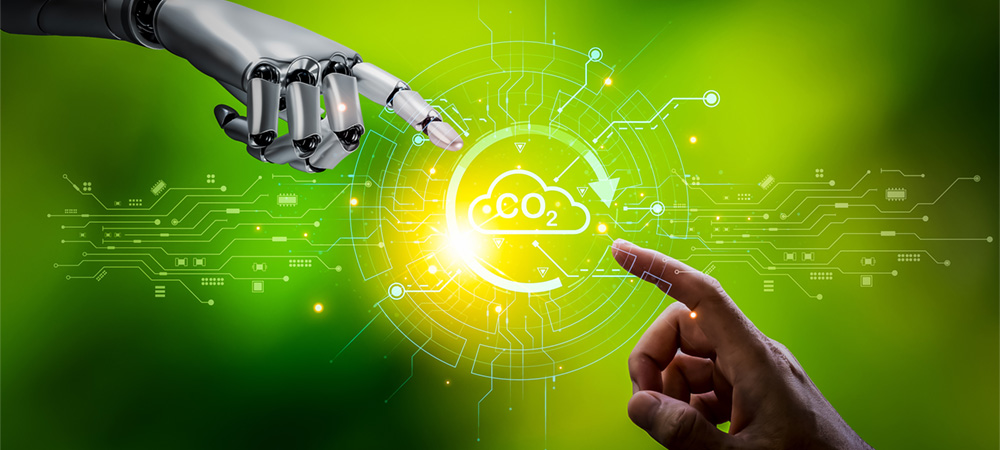Microsoft has released a whitepaper titled, Accelerating Sustainability with AI: A Playbook, ahead of the 28th Conference of the Parties (COP28), taking place at Expo City in Dubai from November 30 to December 12, 2023.
The playbook outlines a comprehensive strategy for governments, businesses and civil society organisations to leverage Artificial Intelligence (AI) in propelling the transition to a net zero, climate-resilient and nature-positive future.
“Climate change is the defining issue of our generation, impacting our communities and natural environment like never before,” said Samer Abu-Ltaif, CVP and President of Central and Eastern Europe, Middle East and Africa (CEMA) at Microsoft. “We are at a critical moment for environmental sustainability, and it is vital that government leaders, businesses and civil society work hand in hand and use every tool available to us, including AI.
“In line with our commitment to share our learnings, innovations and best practices with decision-makers, researchers, data scientists, developers and others, we hope this will serve as an important resource and a catalyst for how to unlock the full potential of AI for a sustainable future.”
The playbook highlights the three unique and most crucial abilities that AI possesses for overcoming bottlenecks that exist on the path to net zero. This includes the ability to discern patterns, predict outcomes and optimise performances in complex systems; the ability to accelerate the discovery and development of solutions like low-carbon materials and climate-resilient crops; and finally the ability to empower the sustainability workforce of the future.
Juan M. Lavista Ferres, Vice President and Chief Data Scientist of the AI for Good Lab at Microsoft – and one of the authors of Accelerating Sustainability with AI: A Playbook – noted that while AI is already contributing to sustainability-related discoveries, its true transformative potential is only just beginning to be realised. “The challenge now is to prime the global technology, energy and policy landscape to encourage AI innovation. This will enable the deployment of solutions that accelerate decarbonisation, which will enable the development of even more sustainable AI operations, and in turn, can enable AI to scale the deployment of more sustainability solutions. It is a continuous cycle of innovation and progress.”
Microsoft’s playbook offers a five-point approach to help achieve this continuous cycle which includes: investing in AI to accelerate sustainability solutions; developing digital and data infrastructure for the inclusive use of AI for sustainability; minimising resource use in AI operations; advancing AI policy principles and governance for sustainability; and building workforce capacity to use AI for sustainability.
Microsoft will showcase the playbook at COP28, where the company is participating as a Climate Supporter and Climate Innovator partner in a dedicated booth, along with 20 of its global partners. The company will showcase how its Microsoft Cloud for Sustainability suite is building AI into many of its products and solutions to help customers make more impactful decisions toward net zero goals. It will also unveil how its AI for Earth and AI for Good programmes are helping to place the latest AI technologies into the hands of changemakers globally, who are developing innovative solutions to address many environmental challenges.


